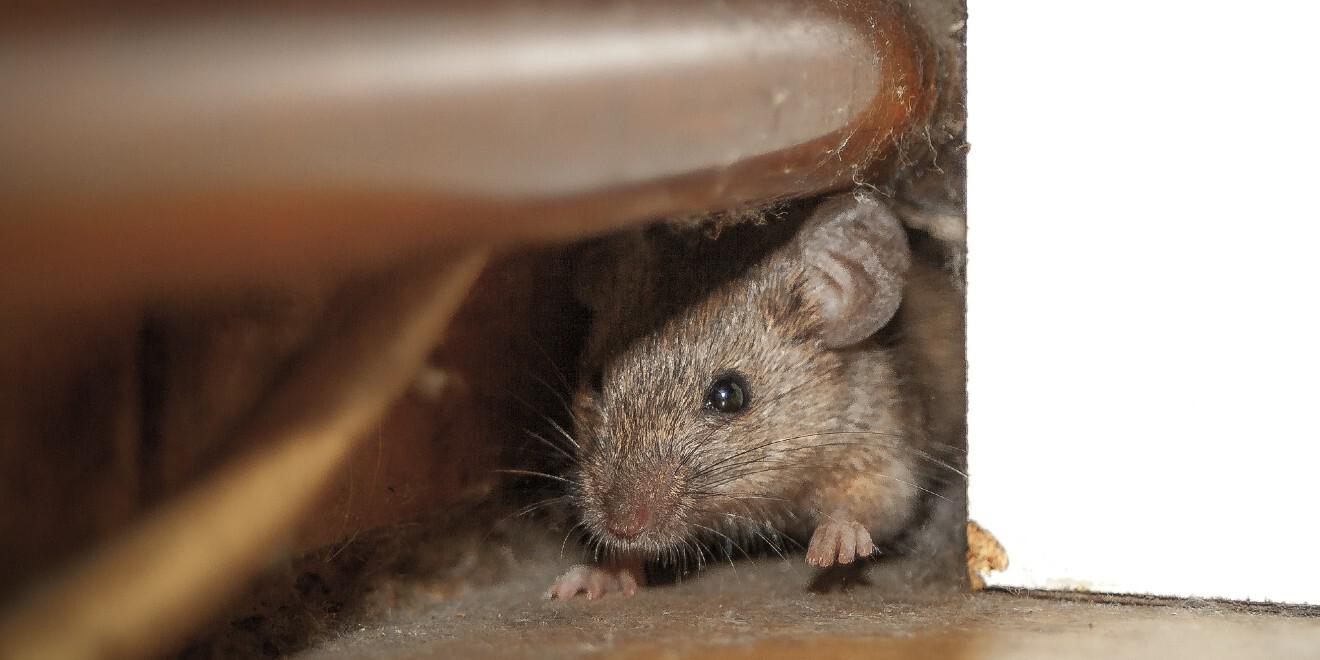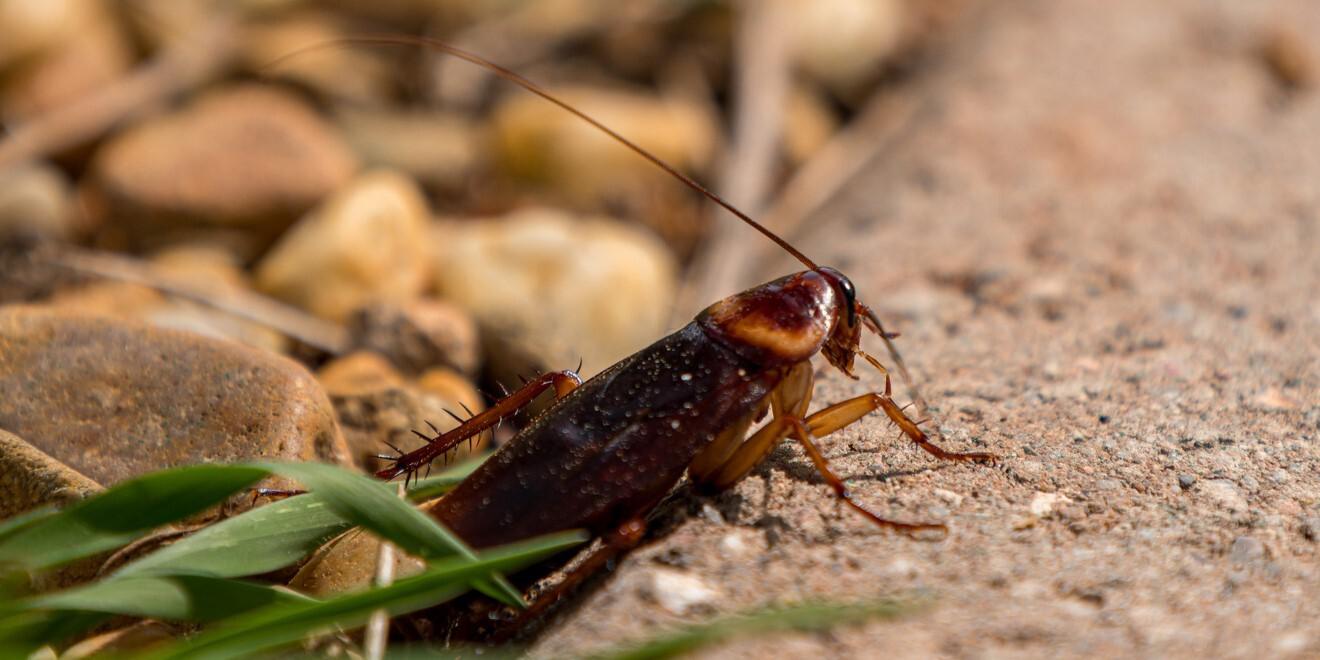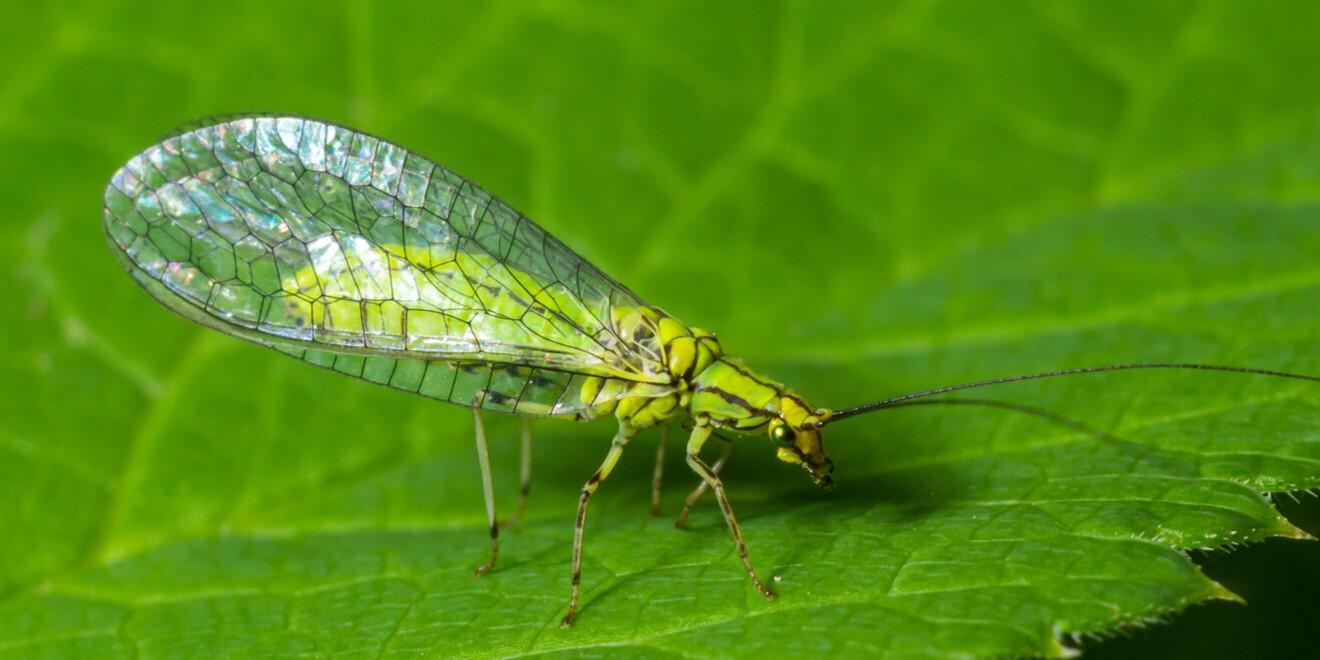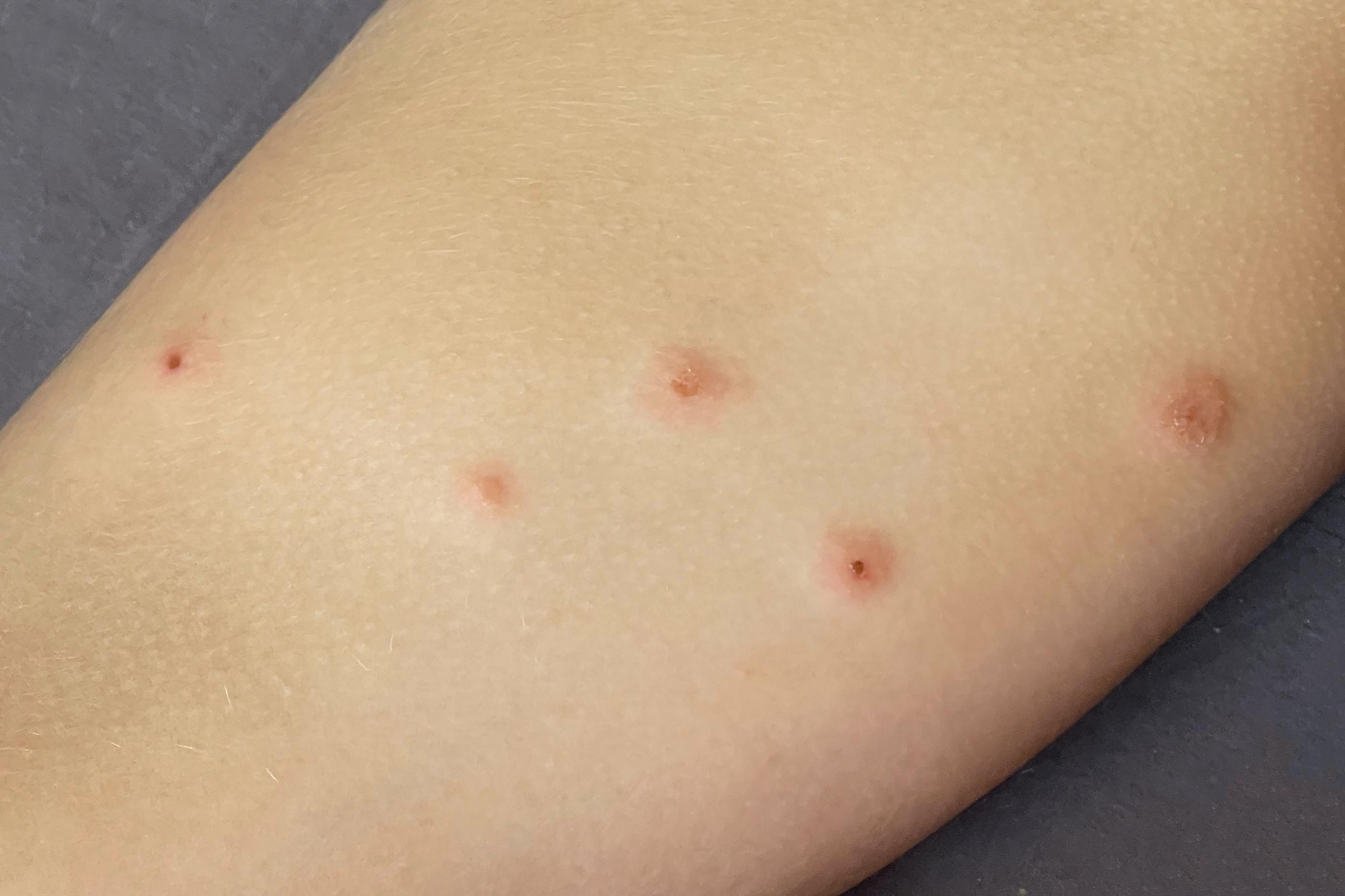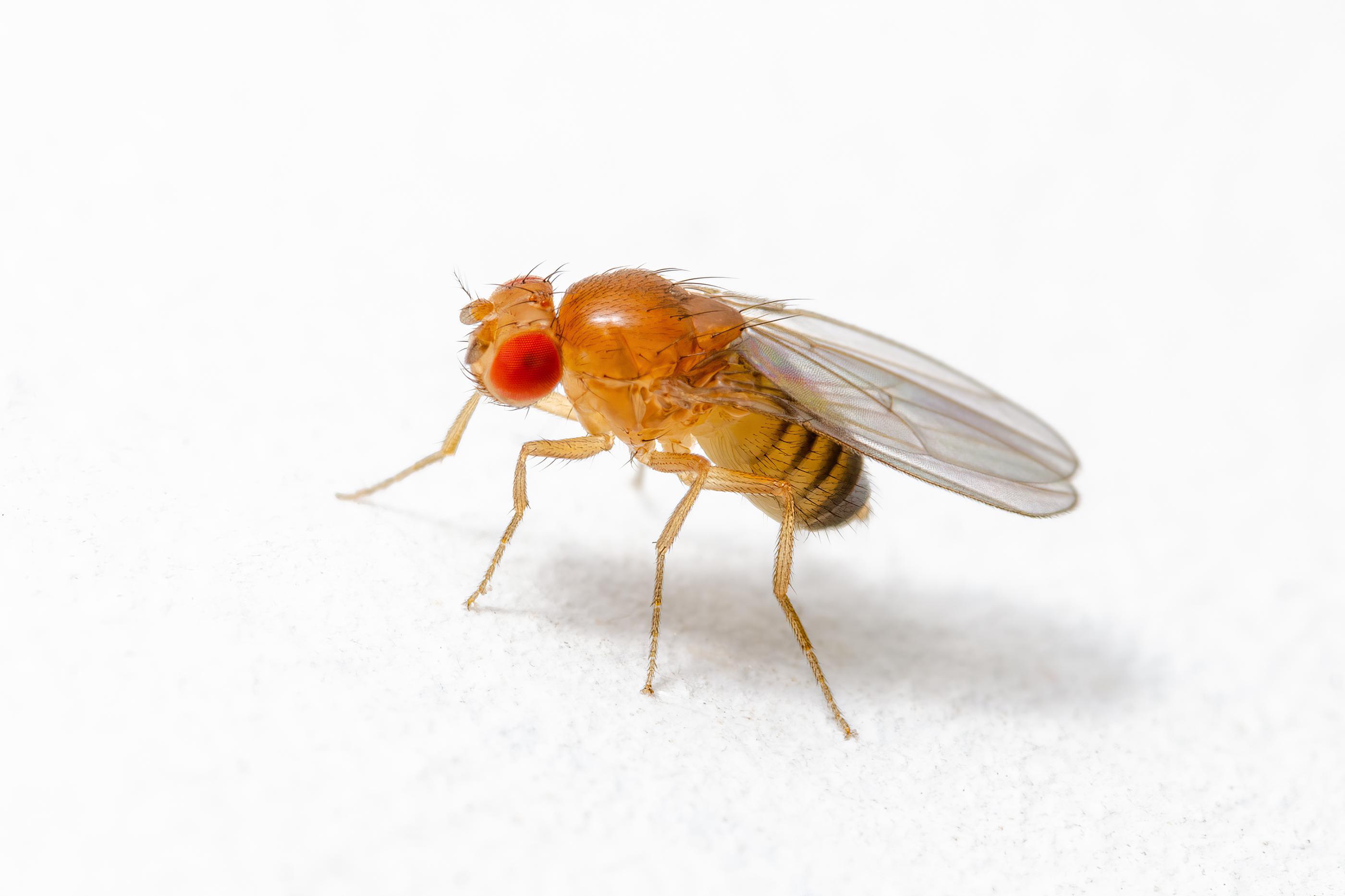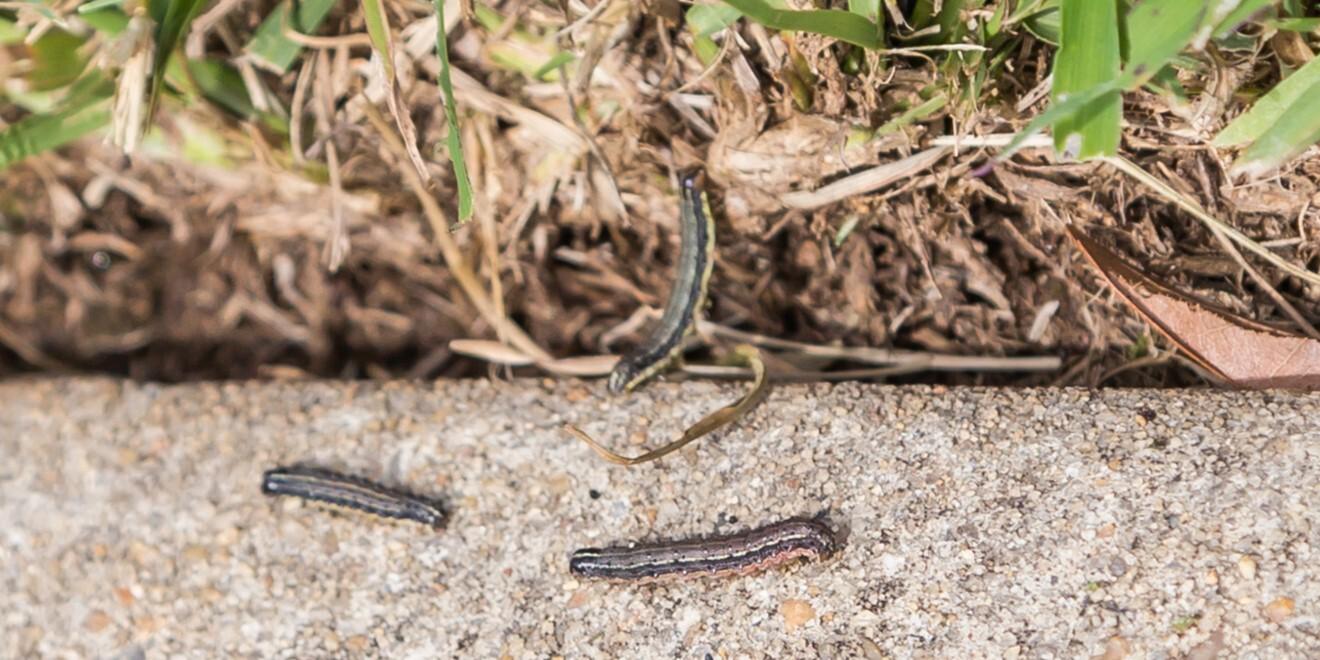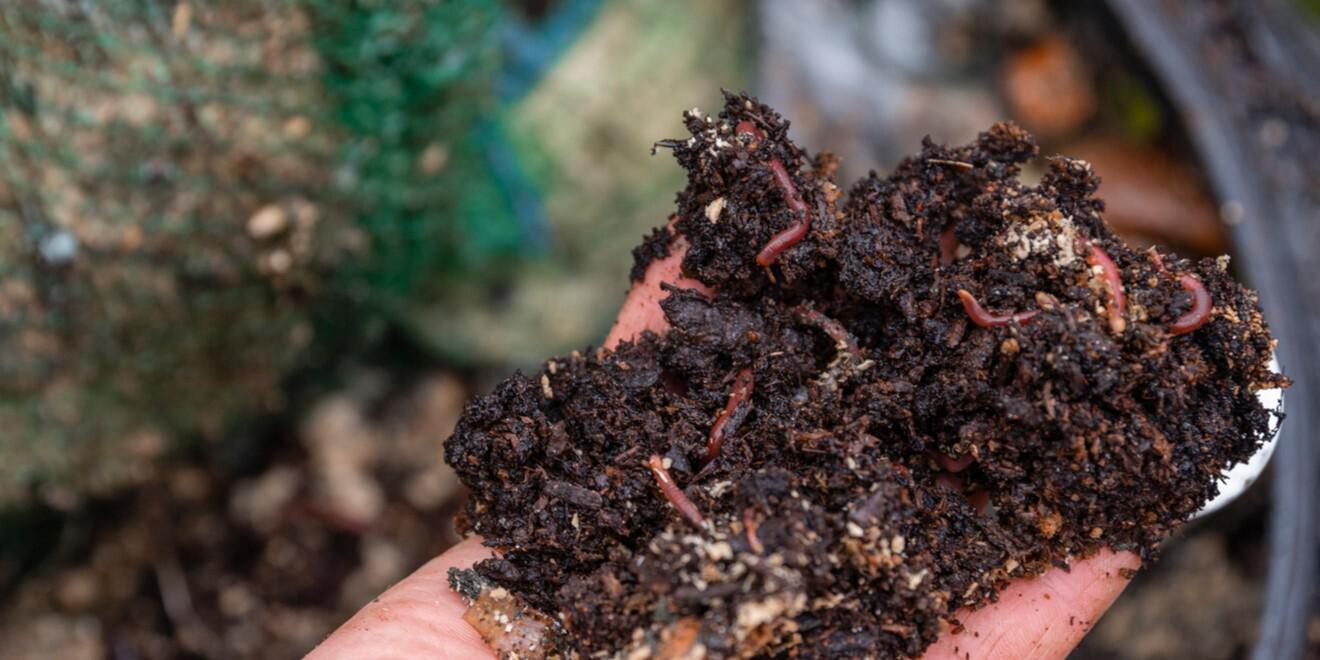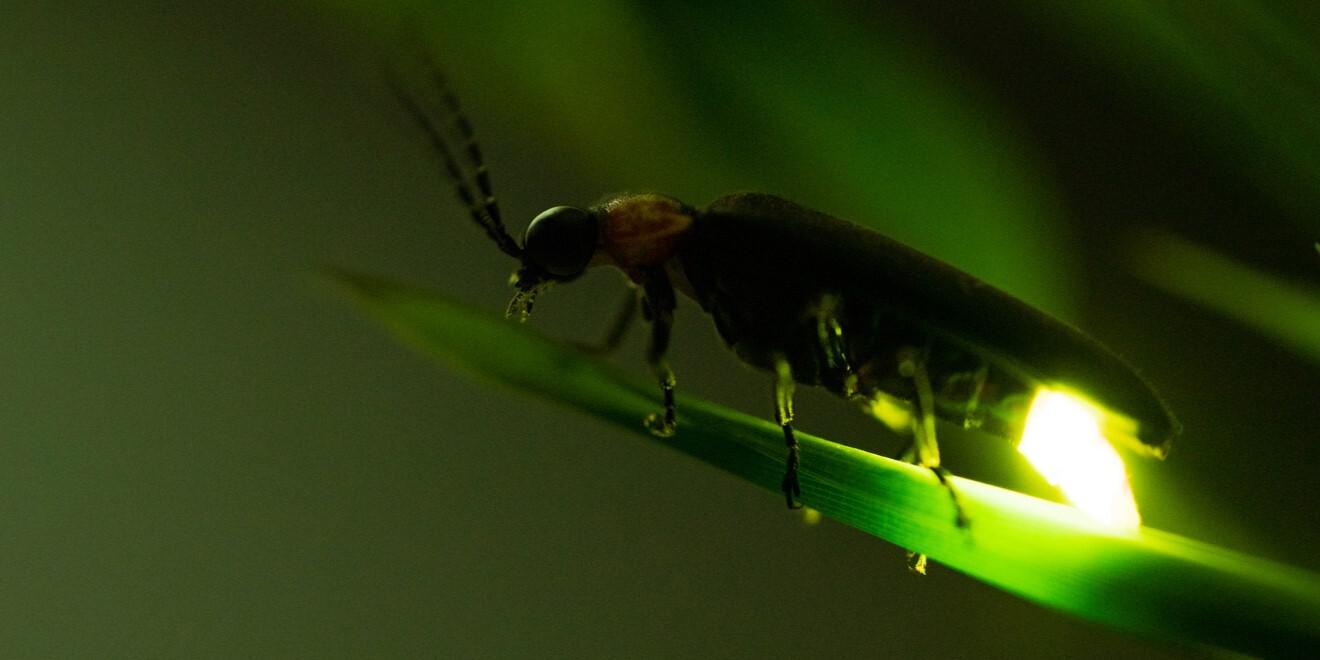Rare and Dangerous Tick-Borne Powassan Virus Could Be Spreading in Minnesota
Posted by Mosquito Squad
May 12, 2017
You might be very aware of Lyme disease and its prevalence in Minnesota, but did you know ticks can carry other more dangerous diseases? David Neitzel, Epidemiologist with the Minnesota Department of Health, wants us to be aware of our risks for the Powassan virus which has been less known up until now. It is time to become more aware. He tells KARE news that the deer ticks we are used to in the wooded parts of our state are expanding their range. It is not new information that these ticks are spreading and carry disease. However, most people may not have been informed about Powassan in the past.
Why Now?
Powassan is a rare tick-borne disease. There have only been 75 cases reported to the CDC in the past 10 years. The reason we find it important to talk about it is that 20 of those cases were in Minnesota. The highest of any state in the country. The deer tick didn’t always carry this virus, but now it does and as the ticks become more prevalent in new areas the virus could as well.
Powassan Virus is Rare But Dangerous
Peak season for ticks in Minnesota is April to July and September to October. It’s during this time that these sesame seed sized pests are most likely to bite. The fact that they are so small can keep you from even realizing you’ve been bitten. When it comes to Powassan, this leads to danger point number one. While a tick carrying Lyme has to be attached for 24-48 hours to transmit the virus, a tick carrying Powassan only needs 15 minutes. The second thing that makes Powassan more dangerous than some more well known tick-borne illnesses is that there is no treatment and it can be fatal.
While Powassan virus is rare, a large number of people that actually contract it will never have the first symptom. If symptoms do occur they can range from the milder headache, vomiting, weakness, high fever, and in the worst cases seizures, encephalitis (swelling of the brain), or meningitis (swelling of the membranes that surround the brain and spinal cord). In the cases that lead to encephalitis, there is a 10% mortality rate. Those that do survive have a great chance of continuing neurological problems. Regardless of the severity, only the symptoms of Powassan can be treated, not the virus itself.
Powassan Virus Prevention
Information is a wonderful tool in keeping you, your family, and your pets at a lower risk for any type of tick-borne disease. At Mosquito Squad of Twin Cities, our goal is to continue to provide you with this information as it changes. And here is a list of other suggestions:
- Know the areas you are traveling in and what pests occur there
- Use effective bug repellents that contain DEET
- Wear light-colored clothing so that ticks will be more noticeable
- Inspect your entire body after time spent where ticks could be present
- Keep your yard clean and clear creating a less than friendly pest environment
- If you are bitten by a tick make a note of the date and if symptoms become present call your healthcare provider immediately
- Eliminate ticks in your own yard with professional tick control services
At Mosquito Squad of the Twin Cities, we know that tick control is the most effective way to lower your risks for all tick-borne diseases. Our 100% customer satisfaction guaranteed barrier treatments and tick tube systems are the best way to keep your yard the worry-free and family-friendly haven that you desire. Call us today.





